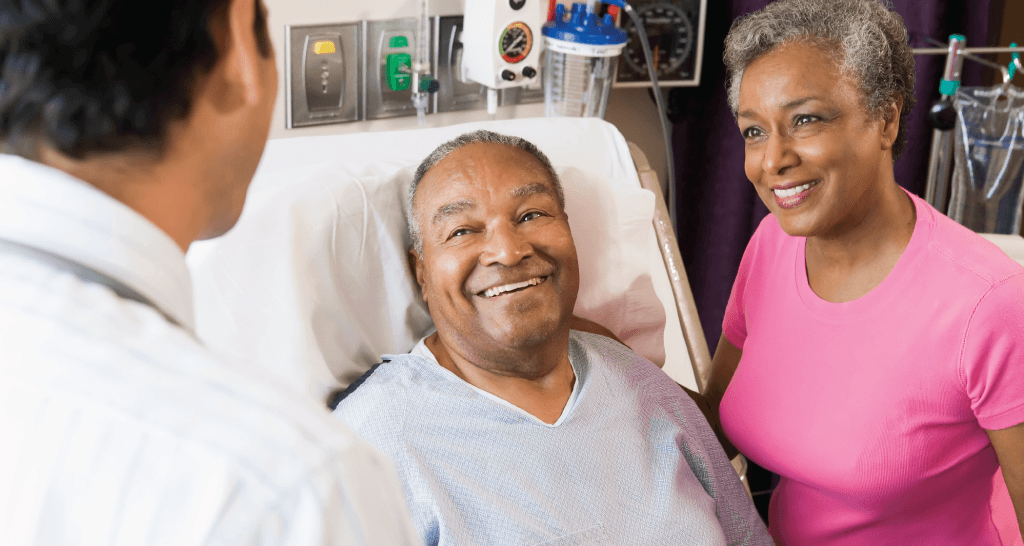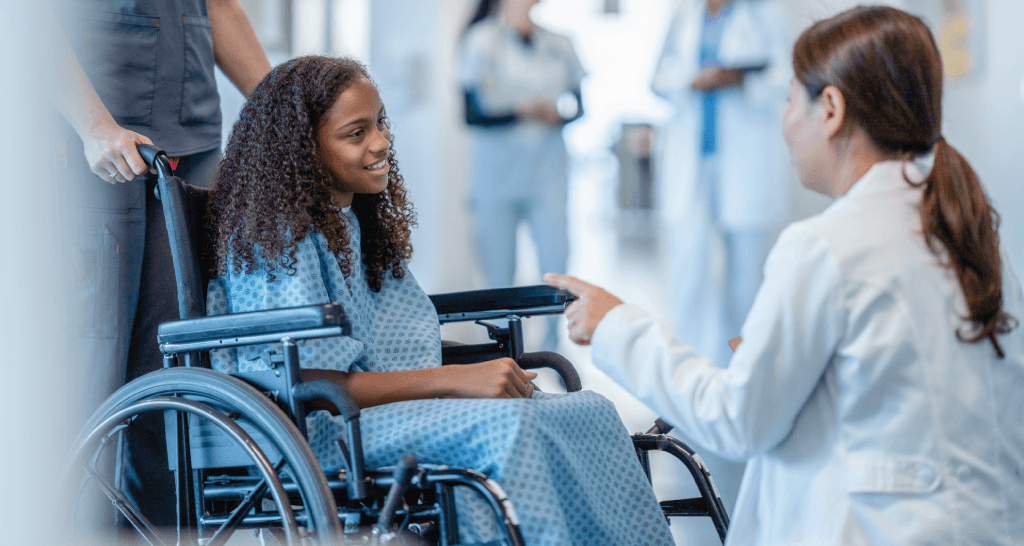Why Security of Patient Data is So Important
The mission of The Joint Commission is to continuously improve healthcare for the public, and we support the responsible use of data for the greater good with the imperative that privacy and patient rights are protected.
While the Health Insurance Portability and Accountability Act (HIPAA) provides guidance for de-identifying data, there is no governance to specifically oversee how healthcare data is gathered and transferred to a third party.
Two important stakeholders in the process of data use are the patients, who need to be confident their information remains de-identified, and healthcare organizations, who need to be sure the data they’ve collected is shared with third-party organizations utilizing best practices to protect privacy and patient rights.
Utilizing Healthcare Data for the Greater Good
Nearly 85% of U.S. hospitals have the capability to export their patient data for reporting and analysis purposes. The goal of using health data is to improve care, including the potential for developing new therapies, treatments and technologies. This vital, valuable information needs to be handled in a consistent way following rigorous processes while also providing confidence that privacy and security are maintained throughout.
The Responsible Use of Health Data (RUHD) Certification provides guidance and recognizes healthcare organizations navigating the appropriate sensitivities needed to safely use and transfer secondary data – the use of health data for purposes other than clinical care, such as quality and operations improvement, discovery or algorithm, and AI development. It aims to help healthcare organizations use data responsibly when developing new technologies and discovering new therapies benefitting all patients.
“The American Heart Association (AHA) supports The Joint Commission's Responsible Use of Health Data Certification, recognizing its significance in fostering responsible and ethical data practices within healthcare organizations to foster discovery of new therapies and advance quality. This certification aligns with the AHA's unwavering commitment to safeguarding patient privacy and security while leveraging health data to enhance patient care outcomes.”
Jennifer Hall, Chief, Data Science and Analytics, American Heart Association




